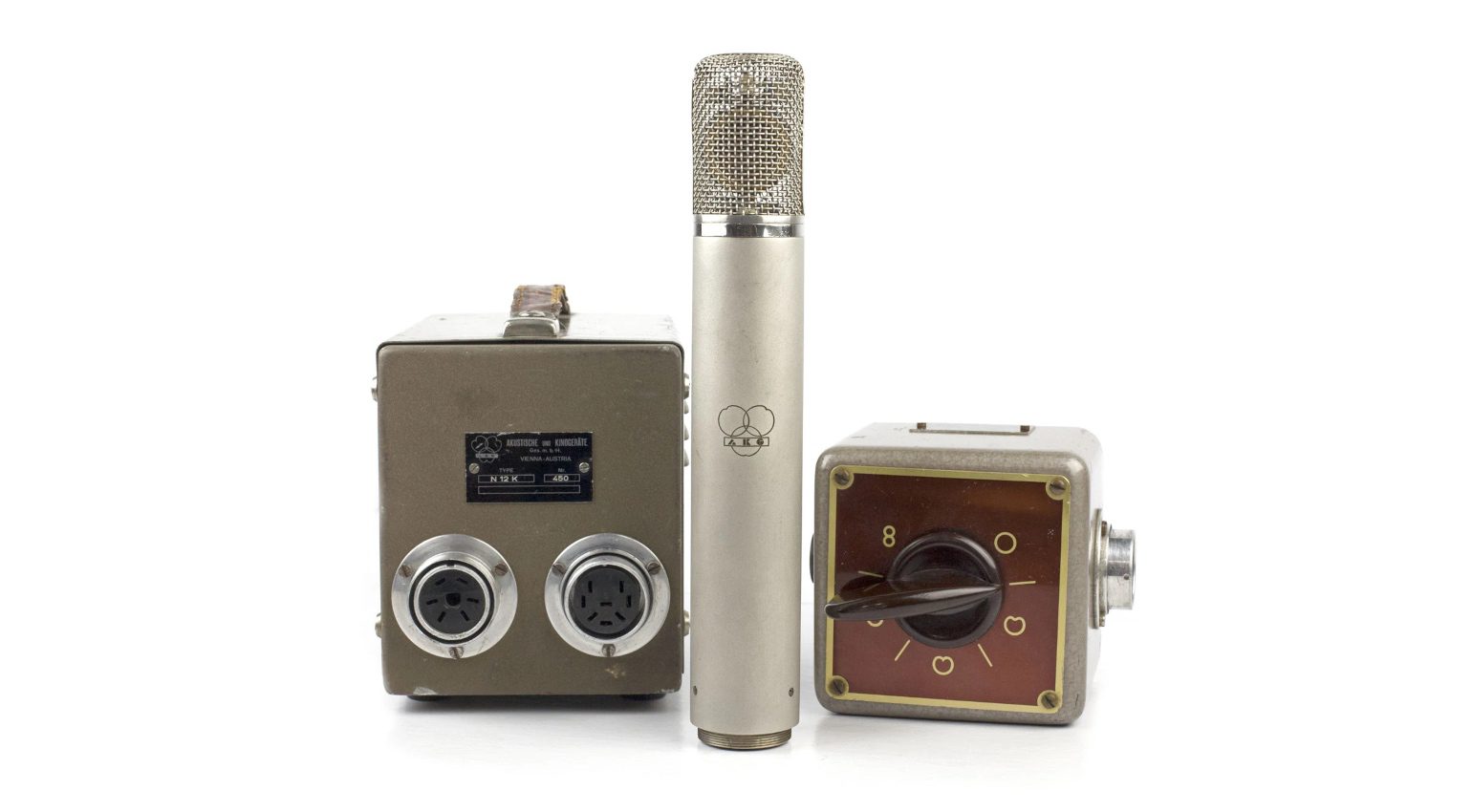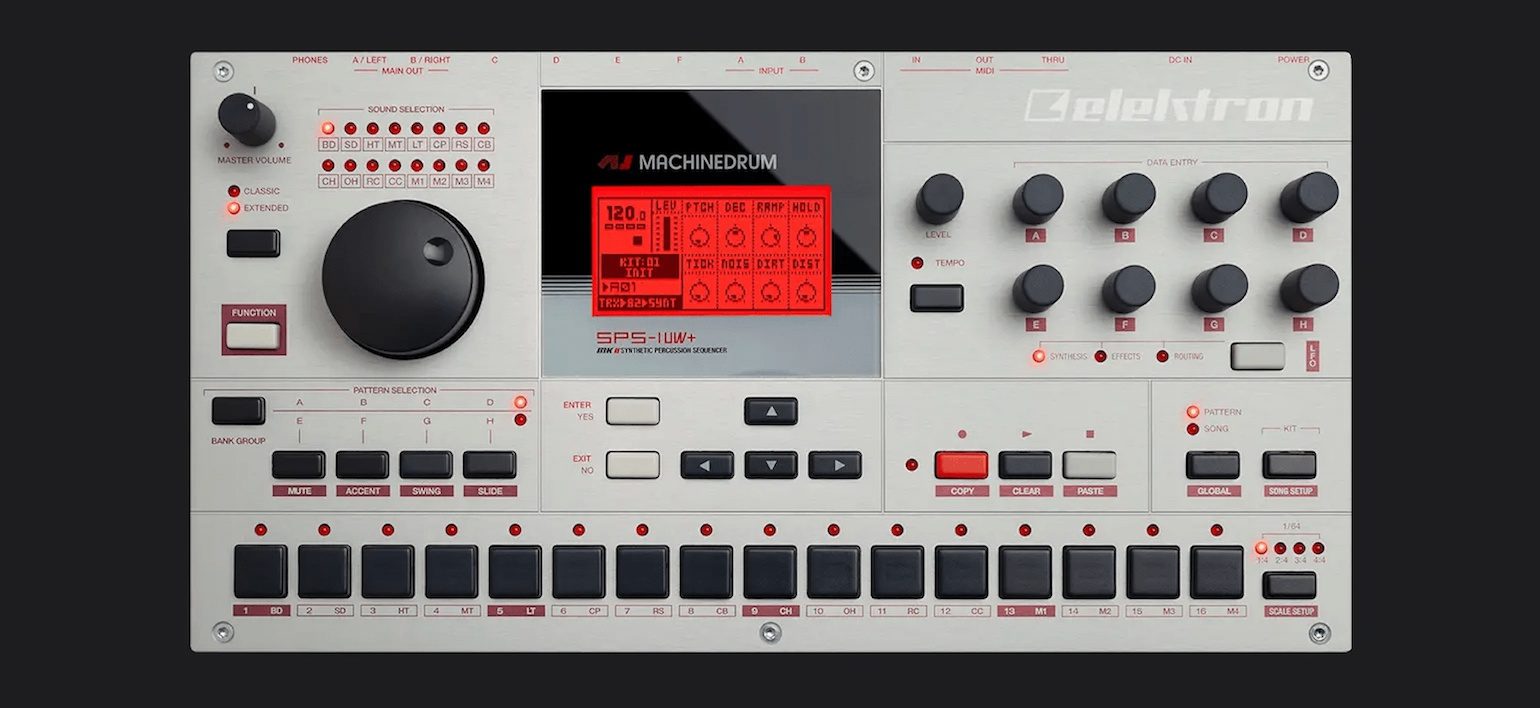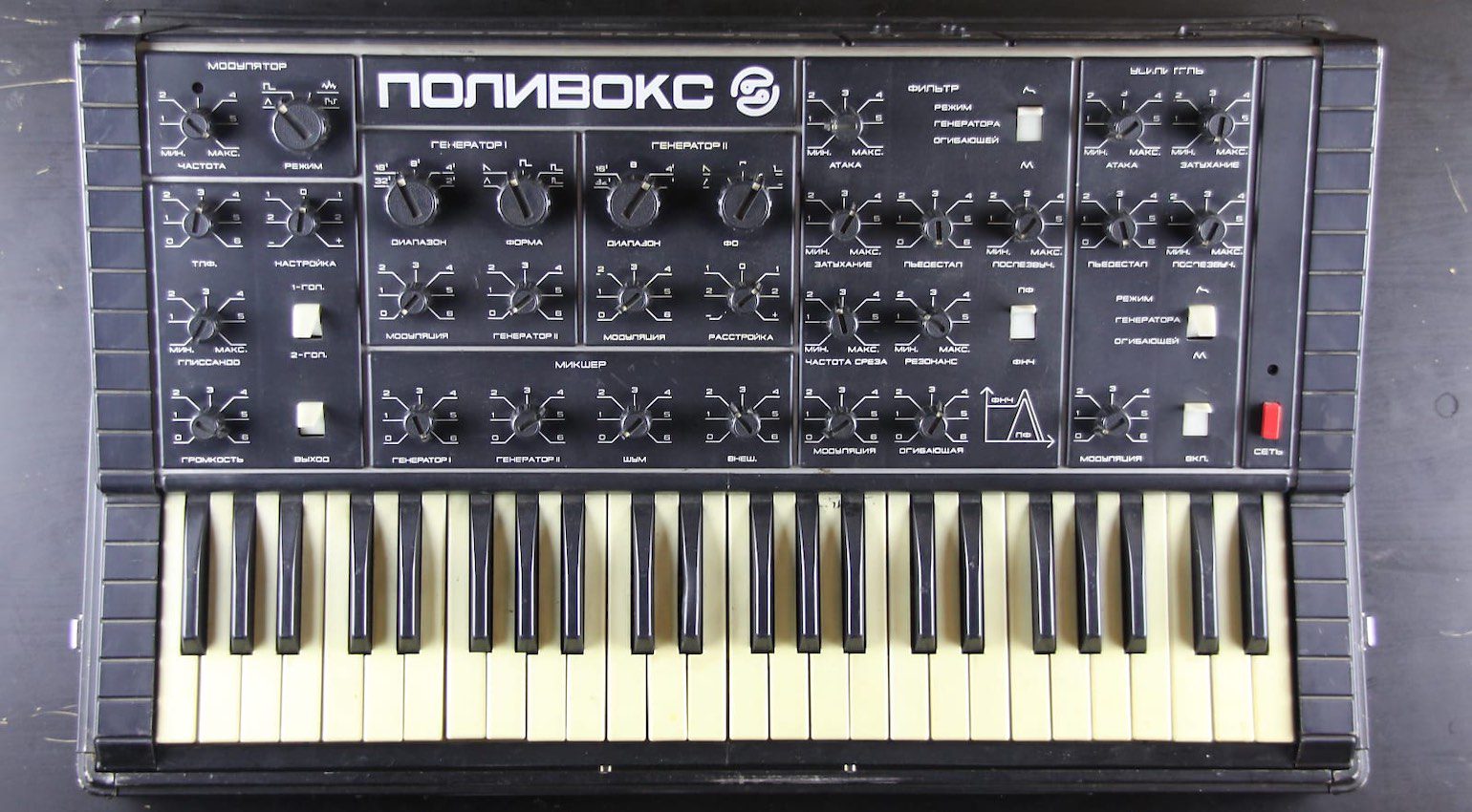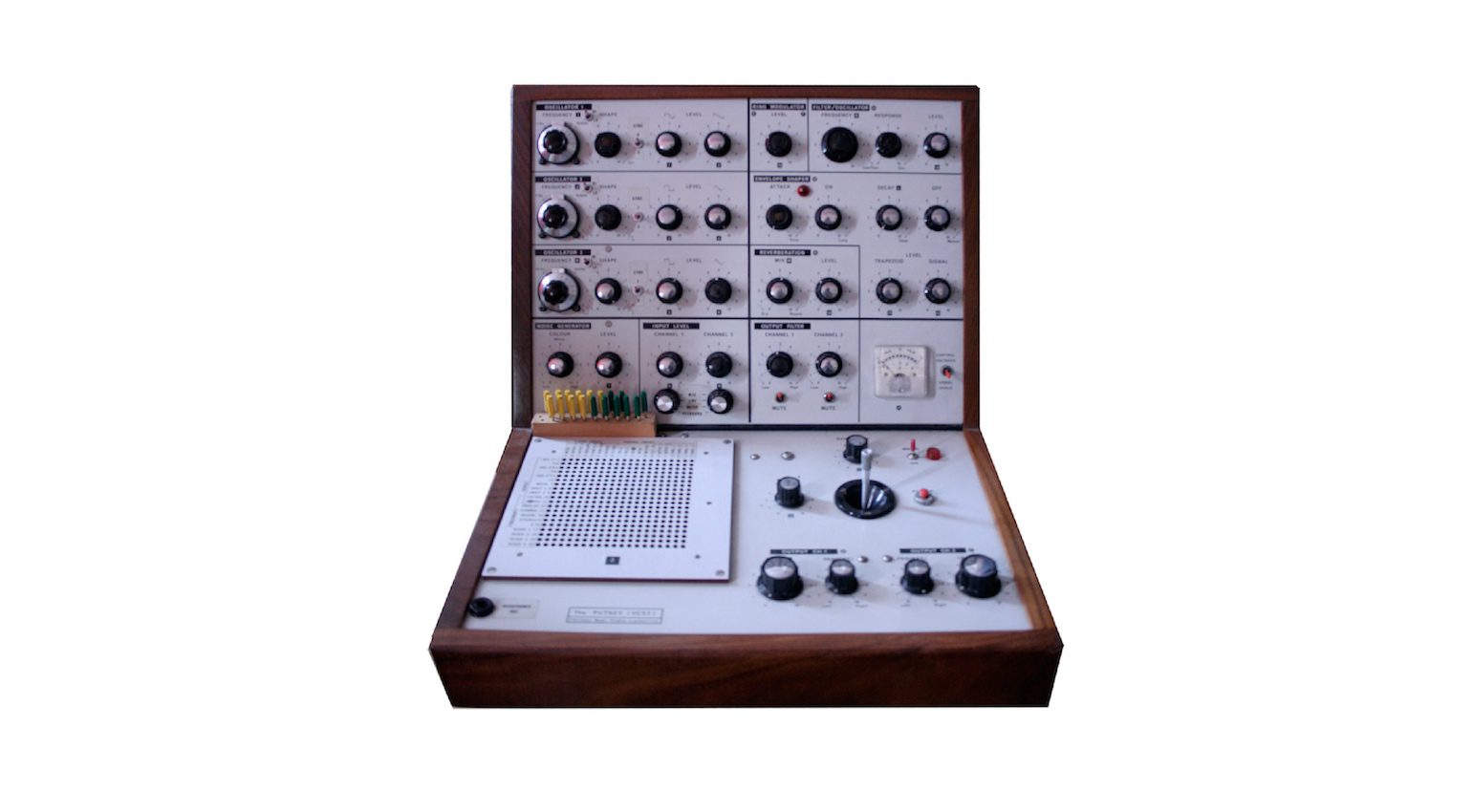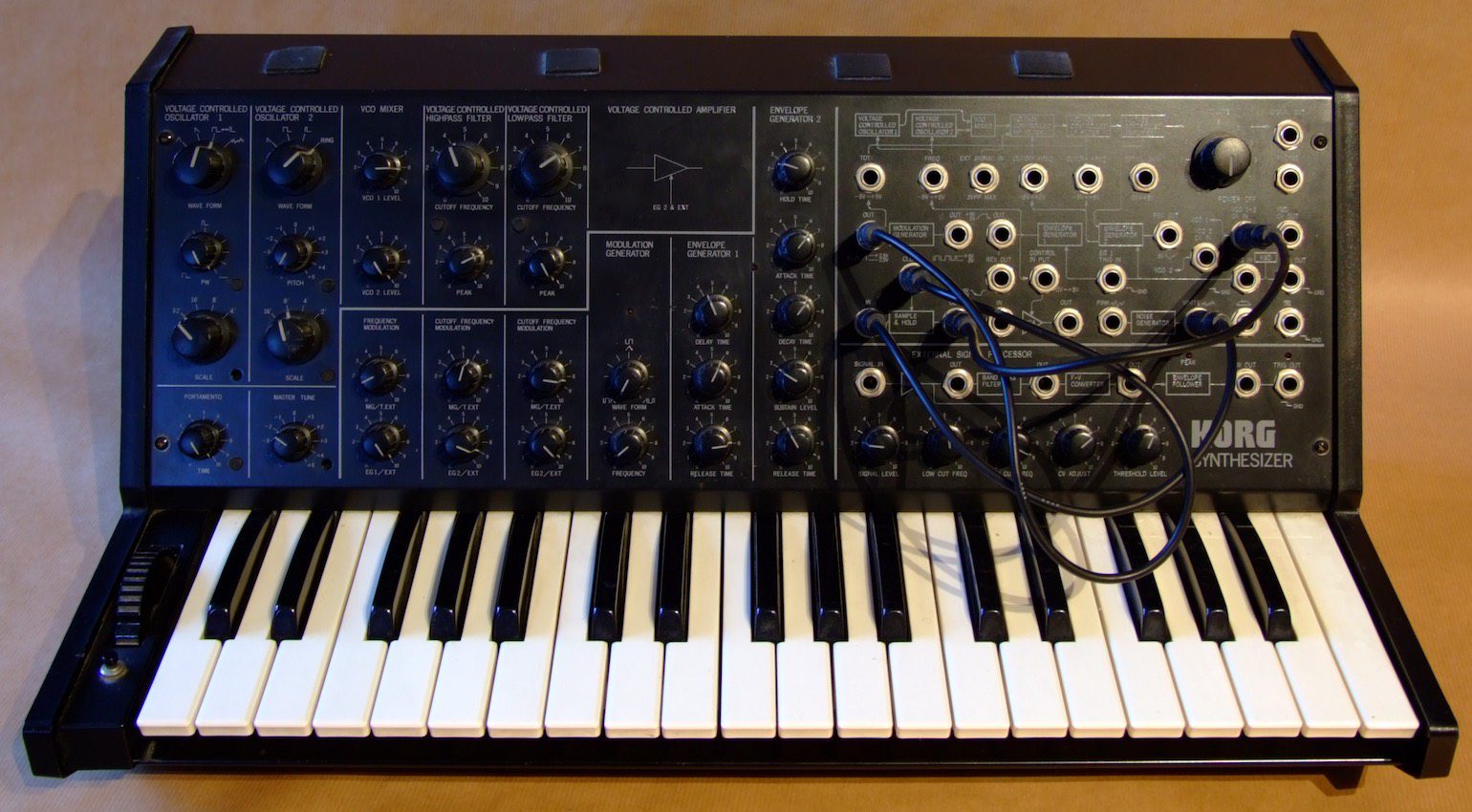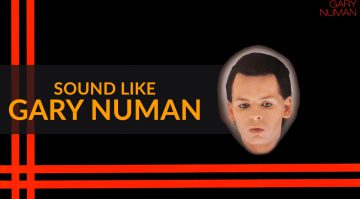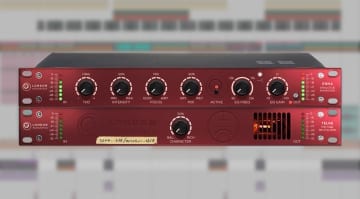London Electro-Pop: How To Sound Like Goldfrapp
The UK Electro-Pop duo Goldfrapp rose to prominence in the early 2000s with a brilliantly crafted electronic sound. We take a closer look at some of the instruments they used along the way.
Alison Goldfrapp was active as an artist throughout the 1990s, and when she met composer Will Gregory in 1999, they decided to form the band and set about producing their debut record Felt Mountain (2000) over the next 6 months.
The Goldfrapp Sound
Possibly the most unique aspect is the distinctive collage-like production style, where multiple layers of sounds of varying characteristics have been carefully sewn together to form a vividly animated singular soundscape.
Goldfrapp’s friends and collaborators were a major influence over the years, and these included Adrian Utley from Portishead, Dave Bascombe, Tom Elmhirst, and Sonicstate‘s Nick Batt.
AKG C 12
Inspired by Georgio Moroder and Donna Summer, Will found the perfect mic for Alison’s voice in the form of the AKG C 12. The detailed, glossy top-end allowed the vocals to cut through with ease, even in fuller mixes.
The vocals on Black Cherry (2003) were recorded through Audic channels, a MOTU interface, and into an Apple G3 running Logic Pro. In addition, Will had a custom DIY valve compressor at his disposal, which came in handy.
As a modern alternative, the Austrian Audio OC18 uses a capsule modeled on the famous CK 12 and, when matched with the right channel strip you can achieve a similar sound.

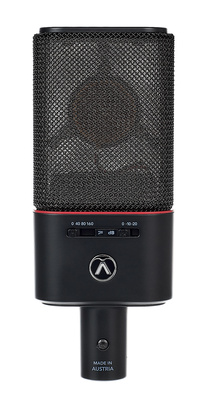
Elektron Machinedrum SPS-1
With its excellent sound shaping capabilities, Will referred to the Machinedrum as “a Simmons meets a 909”. It proved an ideal tool for creating the drums on Black Cherry, where they took a more upfront approach to the sound.
The Machinedrum uses 4 synthesis engines, including a TR-style drum synth, an FM synth, a sampling synth with SP-1200 and Simmons sounds, and a modeling synth.
The Analog RYTM is Elektron’s current available analogue drum machine with plenty of sound creation features and an intelligent onboard sequencer.

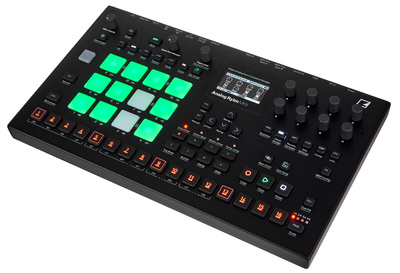
Formanta Polivoks
Also known as the Soviet miniMoog, Polivoks is one of the most famous Russian synths ever produced. Known for its raw ungainly sound and unpredictability, it’s not only duophonic but it also has a unique multimode filter and glissando effect.
The design of the Polivoks was inspired by military radios and has plenty of outlandish quirks like a loop function built into the envelopes. Originally produced in 1982, it remains one of the most unique vintage synths, and not only because the interface is Russian.
In the past, companies like Elta Music and Erica Synths have made modules based on the Polivoks. Meanwhile, Behringer’s remake is still currently on the go.

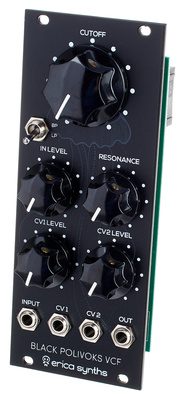
EMS VCS 3
Will Gregory’s synth collection included classics like the VCS 3 and the ARP 2600, which he often used for processing rather than sound creation.
The VCS 3 featured a unique patch matrix with plenty of modulation routing flexibility, as well as ring modulation and spring reverb which provides plenty of ways to process anything from drums to vocals.
As an alternative, the Erica Synths SYNTRX II is inspired by the EMS designs, giving you a refreshingly different approach to synthesis.

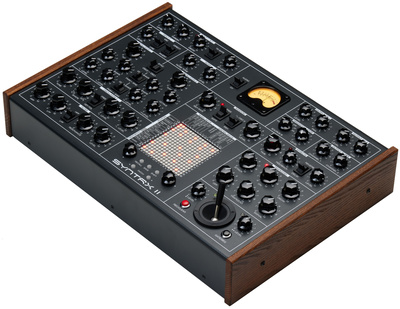
Korg MS-20
The MS-20 is another of Will’s which he preferred over his miniMoog that “just wouldn’t sit right in the mix.” The semi-modular MS-20 is capable of producing brightly textured leads and basses, which we’ve heard on some of our favourite EDM records.
The MS-20 can also create screaming rises, warbled squelched, and anything in between. The unique interface with its LP and HP filters encourages modulation and shaping at every turn, which is why it’s revered by synth enthusiasts.
You can still get it today in the form of the MS-20 mini, which gives you the same creative feel as the original.

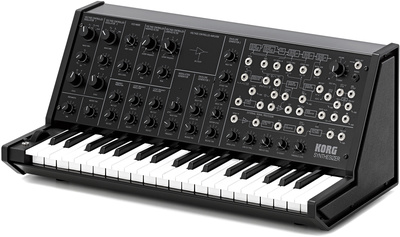
Which of your favourite artists would you like to see in our sound-alike series? Please let us know in the comments below!
More about Goldfrapp:
- Official page
- Alison Goldfrapp official
- More sound-alikes
Videos:
You are currently viewing a placeholder content from YouTube. To access the actual content, click the button below. Please note that doing so will share data with third-party providers.
You are currently viewing a placeholder content from YouTube. To access the actual content, click the button below. Please note that doing so will share data with third-party providers.
You are currently viewing a placeholder content from YouTube. To access the actual content, click the button below. Please note that doing so will share data with third-party providers.
You are currently viewing a placeholder content from YouTube. To access the actual content, click the button below. Please note that doing so will share data with third-party providers.
You are currently viewing a placeholder content from YouTube. To access the actual content, click the button below. Please note that doing so will share data with third-party providers.
*Note: This post contains affiliate links and/or widgets. When you buy a product via our affiliate partner, we receive a small commission that helps support what we do. Don’t worry, you pay the same price. Thanks for your support!
 3,7 / 5,0 |
3,7 / 5,0 | 

